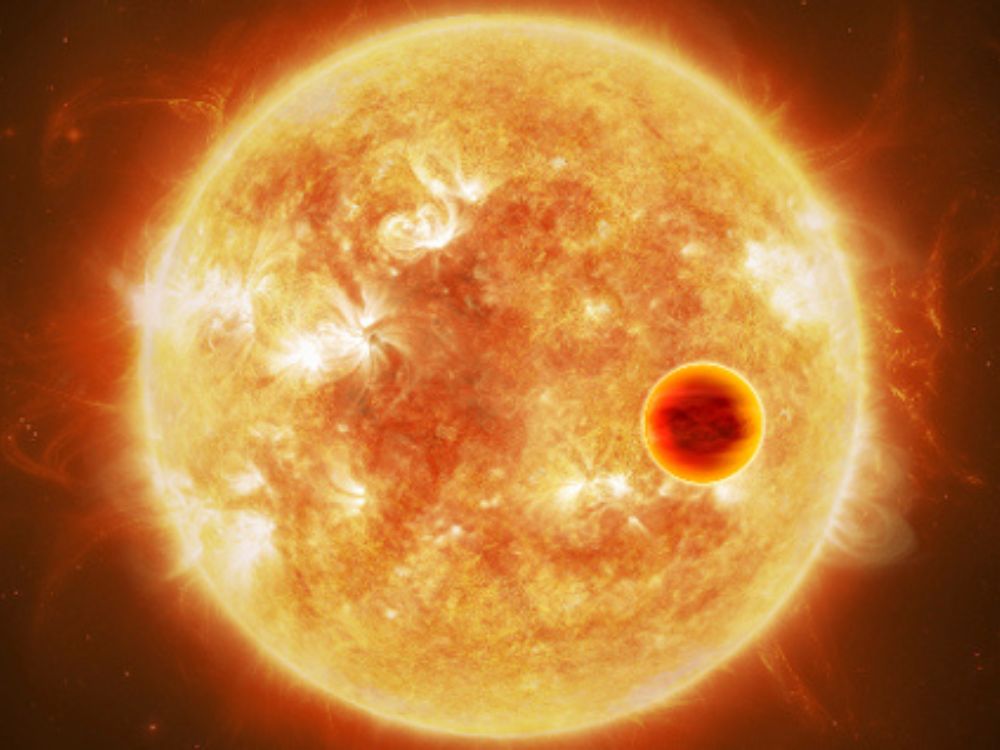The Search for Exoplanets

public lecture
The current statistical estimates indicate that, on average, every star in our Galaxy hosts at least one planetary companion, i.e. our Milky Way is crowded with a thousand billion planets! We found out so much more from the leading expert in this space...
Professor Giovanna Tinetti - Professor of Astrophysics, Dept. of Physics & Astronomy, UCL London; Director, UCL Centre for Space Exo-chemistry Data, Harwell; Principal Investigator of the European Space Agency’s Ariel mission.
Professor Tinetti has been working at the forefront of galactic planetary science investigations, having achieved pioneering measurements of water vapour and other molecules in the atmospheres of hot, gaseous planets more than a decade ago and, more recently, in the atmospheres of super-Earths orbiting in the habitable-zone of their star.
She is the Principal Investigator of the European Space Agency’s Ariel payload consortium, the only space telescope dedicated to undertaking a comprehensive spectral survey of exoplanets in a wide variety of environments. Ariel will be launched in 2029.
“If I had to select a single word to define the field of exoplanets, that word would be revolutionary. During the past 30 years, ~5000 planets have been found around every type of star.
“The most revolutionary aspect of this young field is the discovery that the Solar System does not appear to be the paradigm in our Galaxy, but rather one of the many possible configurations we are seeing out there.
“A key observable for planets is the chemical composition and state of their atmosphere. Knowing what atmospheres are made of is essential to clarify, for instance, whether a planet was born in the orbit it is observed in or whether it has migrated a long way; it is also critical to understand the role of stellar radiation on escape processes, chemical evolution and climate. The atmospheric composition is the only indicator able to discriminate an habitable/inhabited planet from a sterile one.
“During my career I have worked at the forefront of this endeavour, pioneering e.g. the detection of water and other carbon-bearing molecules in the atmosphere of gaseous exoplanets more than a decade ago.
“My long-term vision is to understand the nature of the varied population of planets in our galaxy, how they form and evolve, through the completion of an extensive and comprehensive chemical survey of diverse exoplanets.”
Professor Giovanna Tinetti
This lecture was part of our 2022-23 programme of events.

